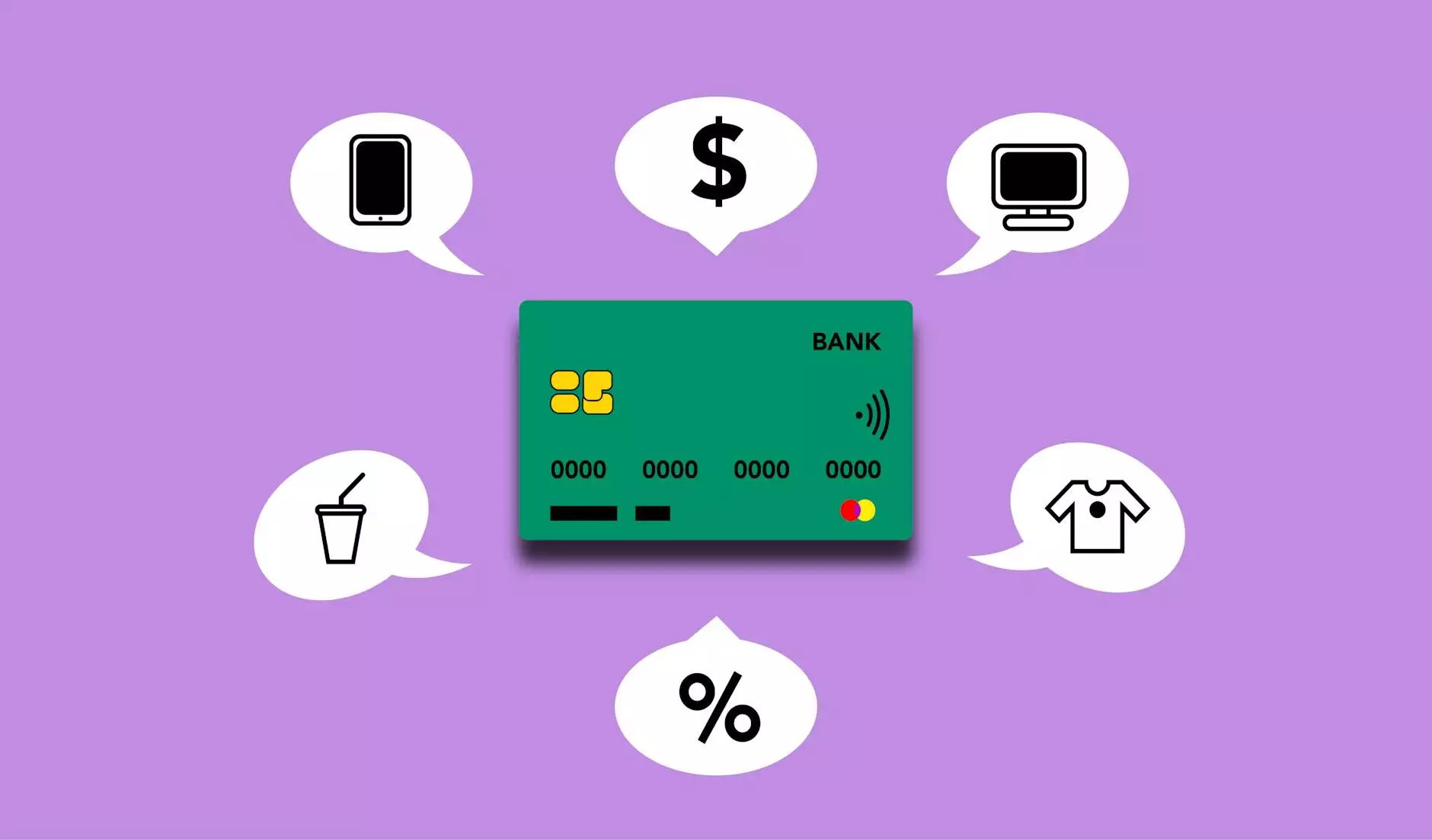Understanding the Power of JavaScript in URL Parsing

In today's digital environment, businesses must leverage technology efficiently. One crucial area where technology plays an instrumental role is in the manipulation of URLs. In this article, we will delve deep into the concept of JavaScript parse URL and explore its importance in web design and software development.
What is URL Parsing?
URL parsing refers to the process of analyzing a Uniform Resource Locator (URL) and breaking it down into its constituent parts. A typical URL can include various components such as:
- Protocol: The communication protocol used (e.g., HTTP, HTTPS).
- Hostname: The domain name or IP address that the resource is hosted on.
- Port: The port number on the host (if specified).
- Path: The specific location of the resource on the server.
- Query String: A set of key-value pairs for additional parameters.
- Fragment: A fragment identifier that points to a specific section of a resource.
The Role of JavaScript in URL Parsing
JavaScript provides powerful methods to manipulate URLs through its built-in URL API. This allows developers to efficiently parse URLs, modify parameters, and even construct new URLs. Here's how you can use JavaScript to parse a URL:
Using the URL API
With the introduction of the URL object in JavaScript, parsing URLs has become more straightforward than ever. Here is a simple example:
const myURL = new URL('https://www.example.com:8000/path/resource?search=query#section'); console.log(myURL.protocol); // "https:" console.log(myURL.hostname); // "www.example.com" console.log(myURL.port); // "8000" console.log(myURL.pathname); // "/path/resource" console.log(myURL.search); // "?search=query" console.log(myURL.hash); // "#section"In the example above, we create a new URL object from a string and immediately access its parts using properties. This not only simplifies the process of URL manipulation but also improves your code readability.
Advantages of Parsing URLs Using JavaScript
Utilizing JavaScript for URL parsing offers several advantages that can significantly enhance your web projects:
1. Flexibility in Data Handling
When developing web applications, you often need to handle data passed via URLs. Parsing allows you to easily extract and manipulate this data for various purposes, such as filtering results in a web app or sanitizing user input.
2. Improved User Experience
By manipulating URLs, you can create cleaner, more user-friendly links. For example, adding user-specific queries can tailor content dynamically based on user preferences.
3. Enhanced SEO
Properly managed URLs can improve your website's search engine optimization (SEO). Clear and concise URLs are favored by search engines, making it easier for potential customers to find your content.
Best Practices for URL Parsing in JavaScript
Implementing effective URL parsing in your web projects requires adherence to best practices to ensure maintainability and performance:
1. Validate URLs
Always validate URLs before parsing them. You can use regular expressions or built-in methods to ensure that the URL format is correct, reducing the risk of errors during processing.
2. Use Built-in Functions
Whenever possible, leverage built-in methods such as the URL constructor or URLSearchParams for parsing query strings, as they provide better compatibility and avoid common pitfalls associated with manual parsing.
3. Handle Edge Cases
Consider scenarios where URLs may not conform to expected patterns, such as missing parameters or incorrect formats. Implement fallback logic to manage these situations gracefully.
Practical Applications of JavaScript URL Parsing
Now that we've established the importance of JavaScript parsing, let's explore some practical applications in real-world projects:
1. Dynamic Navigation
By parsing the URL, you can determine the current page or user state and manage the navigation and display of content accordingly. This is especially useful in single-page applications (SPAs).
2. URL Shorteners
URL shorteners often take a long URL as input and generate a shortened version. By parsing the original URL and extracting meaningful components, you can effectively create unique short links while maintaining their usability.
3. E-commerce Tracking
In e-commerce applications, tracking user behavior is crucial. By parsing URLs with query parameters that represent user actions, you can analyze their journey and optimize the sales funnel.
Conclusion
The use of JavaScript parse URL capabilities is a game-changer for web developers and businesses alike. It not only facilitates the manipulation of URLs but also enhances the overall functionality and user experience of web applications. By integrating URL parsing effectively into your projects, you can ensure better data handling, improve SEO, and provide a seamless user journey. At semalt.tools, we specialize in Web Design and Software Development, leveraging the latest technological advancements to help our clients succeed in the digital landscape.
Ready to Enhance Your Web Presence?
If you're interested in improving your web project with expert JavaScript solutions, or if you want to learn more about how URL parsing can benefit your applications, contact us today at semalt.tools. Our team is ready to help take your business to the next level!



